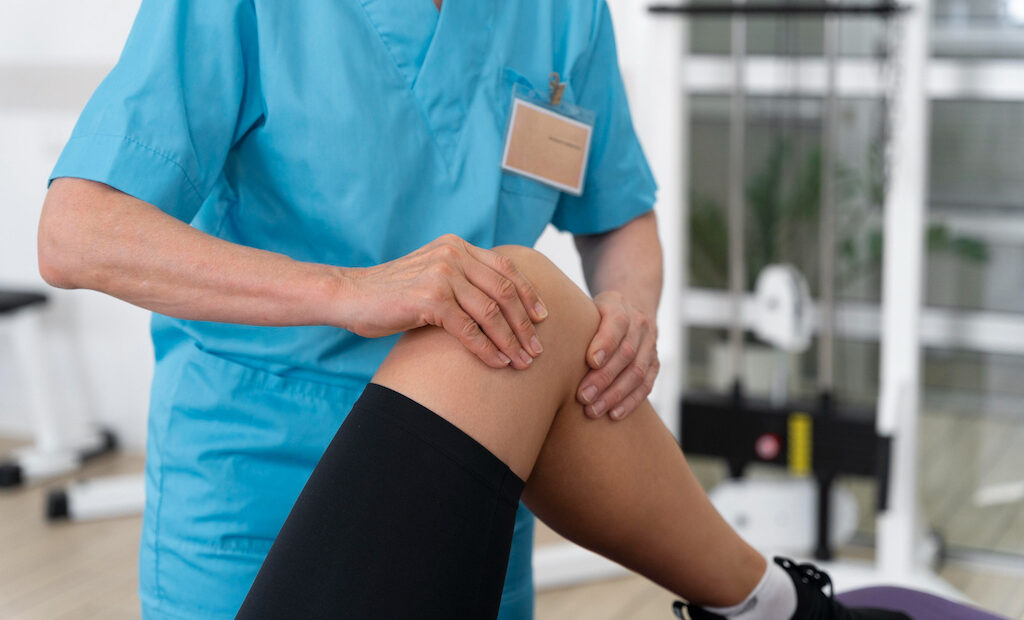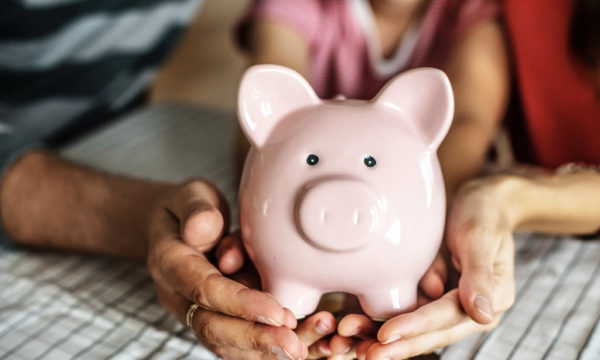The road to wellness after an injury

At work completing daily tasks, out in the fresh air having a daily stroll with the dog, driving the car to the shop or shopping in the local mall – and the next thing is pain. It could be in the feet, elbow, hip, shoulder, back or any other body part, but it’s enough to know that an injury has been suffered, and now it’s time to get treatment. We can cross our fingers that the accident won’t keep us bed-bound for too long or that a couple of days of rest will work miracles, but, unfortunately, sometimes the doctor says that a long recovery awaits. Sometimes they also say it’s necessary to take time off from most physical activities for at least a couple of weeks. Ugh! With an injury, the absence of physical activity can leave us feeling down and often trigger anxiety and depression.
How can physical injuries trigger depression?
Many people find it hard to believe that a physical injury can trigger depression or another mental health issue. Therefore, here is how the two conditions are linked:
- Coping with physical pain
Dealing with pain caused by an injury can be distracting at its best and overtake the ability to complete simple daily activities. Injuries can put a person in survival mode, and all they can think about is how to get through the present moment without letting the excruciating pain take them down. It’s normal to think that this isn’t a way to live and that they can no longer take the strain it causes. After a few days of suffering and pain, they might notice they’re more irritable and find it challenging to tolerate daily stressors that weren’t previously bothersome. Family and friends might even say they used to be more patient. A physical injury can make anyone feel more on edge than usual.
- Missing the benefits of social bonding
Perhaps this person meets weekly with friends to catch up, play games or gather for dinner. No matter the size of the group they’re part of, missing out on the social connections because of injuries can be a huge loss that they might feel they cannot fill in another way.
- Missing out on the mental benefits of physical exercising
Studies show that exercising improves mood and supports overall wellness and health. People feel great when they’re physically active because exercising impacts stress hormones (cortisol and adrenaline). When they stop engaging in the activities that made them feel good, inevitably they feel a drop in mood.
- Being stuck inside the house
Everyone needs Vitamin D, and not only from supplements but also from getting outdoors and being exposed to sunlight and nature. Spending time outdoors has several benefits for mental health and wellness, and the loss of the ability to go outside the house can feel debilitating.
How to prevent post-injury depression
Validating those emotions and knowing that the struggles are a normal aspect of dealing with an injury is essential. It’s important to remember that it won’t be a case of dealing with the pain and suffering indefinitely; recovery will happen and it will be possible to get back to daily habits. However, during this period, there are some coping tools that can be used to lessen the impact on mental health and emotional wellbeing. The following pieces of advice might help:
- Seek support
This is a dramatic change in lifestyle, so it’s essential to seek extra support to deal with it. Staying in touch with family and friends is essential, and participating in the activities that are doable. It’s a good idea to talk to loved ones about the condition and air out emotions navigating this challenging period. It’s also best to look for external support if someone else is at fault for the injuries. Specialists can help with claiming compensation for suffering, and maybe knowing that the one at fault takes responsibility for the pain will make it feel more manageable.
- Engage in alternative movement
Just because the usual daily exercise routine isn’t viable at the moment, that doesn’t mean stopping with being active at all. If one’s health allows it, it can be helpful to take short walks and go for a swim. However, before engaging in any kind of exercise, a patient should ask their doctor what physical activity they’re allowed to perform. The recovery period can be used to try new forms of exercising, for example, with a leg injury, it might be comfortable to exercise the upper body. With a broken arm, it’s possible to go for walks. Yoga and pilates can also help improve mental health and relieve stress, so it’s worth asking a specialist if it’s advisable to perform any of them.
- Set goals
Research shows that setting goals can help patients improve their physical and mental health, which is a crucial part of recovery. A discussion with a medical expert about setting goals can allow them to advise what’s realistic in a set framework. Using recovery time to focus on other goals that might have been put off for a while because there wasn’t free time to work on them can be very satisfying. This might be the ideal time to set up a blog, read a book or learn a new skill.
- Eat nutritious meals
Of course it’s tempting to order a pizza and enjoy it on the couch, rather than cook a healthy meal, but your diet has a huge impact on your recovery, and its importance should not be dismissed. Also, sugar-filled foods can exacerbate feelings of anxiety and depression, so it’s best to stay away from them. Several foods can improve the mood: adding probiotics, lean protein, berries, omega-3 fatty acid-rich foods and dark leafy greens to one’s diet can make a big difference.
Last thoughts
It’s easy to sink into negative moods and thoughts when going through a hard recovery process, but this is a challenge that can be overcome. Using the above recommendations can help with getting on the right track to boost optimism.
The editorial unit



















Facebook
Twitter
Instagram
YouTube
RSS